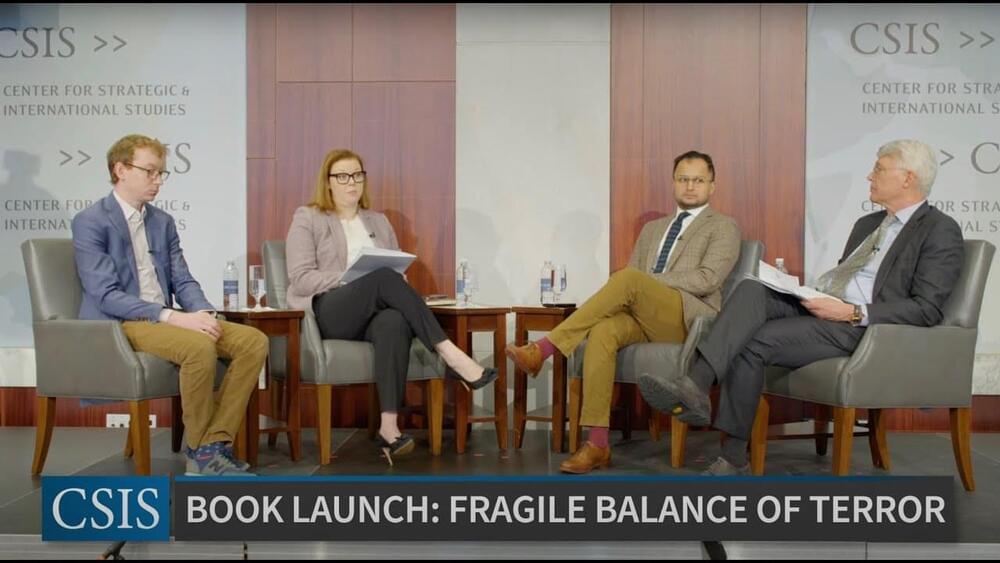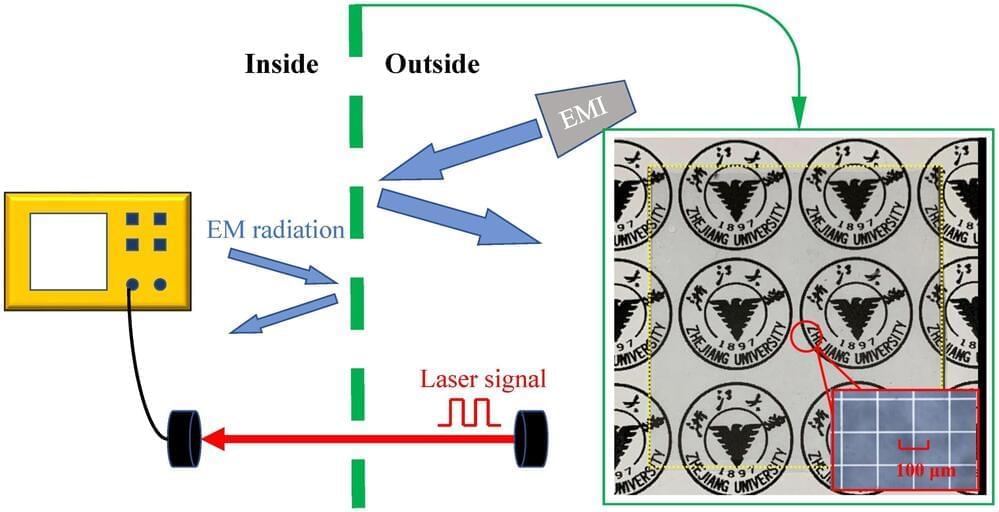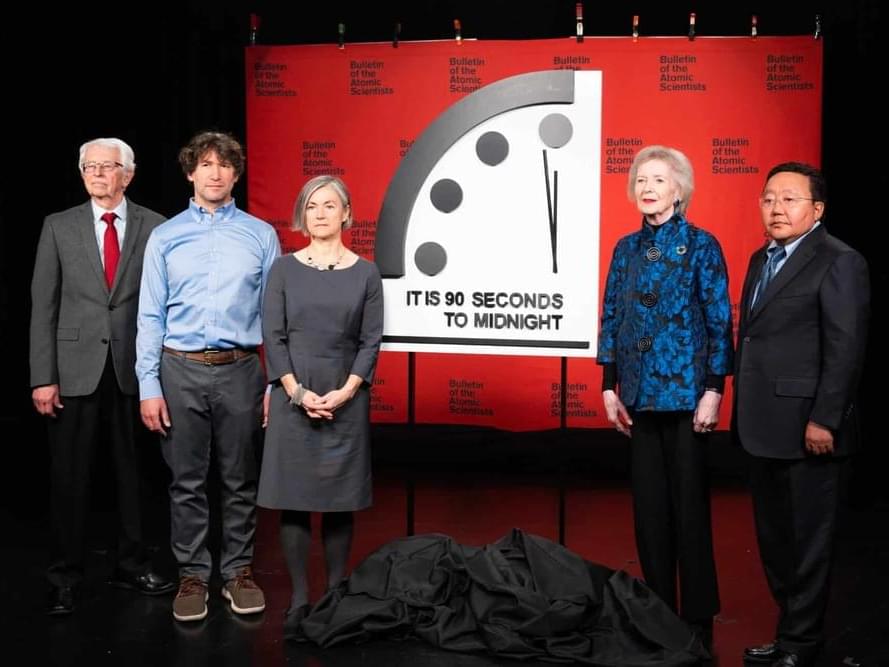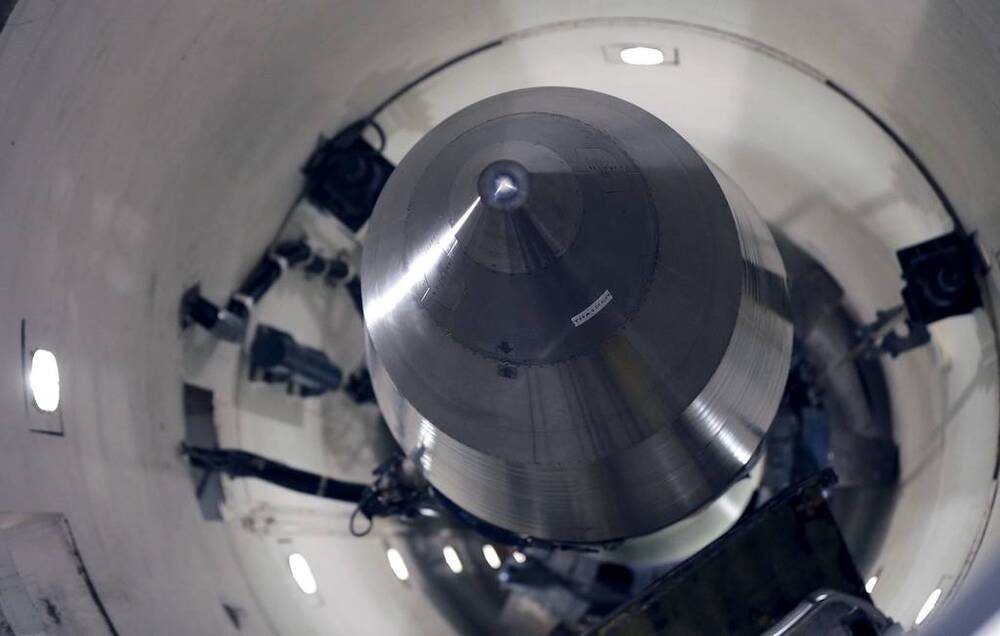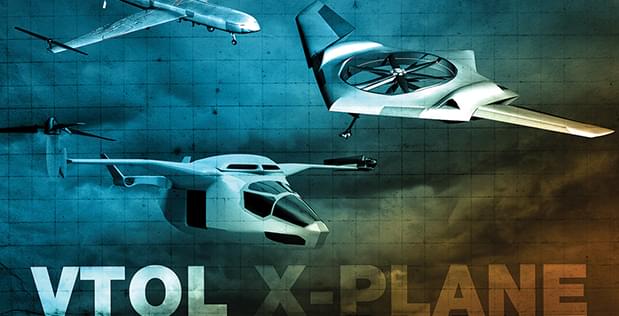Jan 26, 2023
Book Event: The Fragile Balance of Terror: Deterrence in the Nuclear Age
Posted by Sergio Tarrero in categories: existential risks, military, nuclear energy, policy
Please join the Project on Nuclear Issues for a book launch event, featuring “The Fragile Balance of Terror: Deterrence in the Nuclear Age.”
In The Fragile Balance of Terror, edited by Vipin Narang and Scott Sagan, the foremost experts on nuclear policy and strategy offer insight into an era rife with more nuclear powers. Some of these new powers suffer domestic instability, others are led by pathological personalist dictators, and many are situated in highly unstable regions of the world—a volatile mix of variables. The increasing fragility of deterrence in the twenty-first century is created by a confluence of forces: military technologies that create vulnerable arsenals, a novel information ecosystem that rapidly transmits both information and misinformation, nuclear rivalries that include three or more nuclear powers, and dictatorial decision making that encourages rash choices. The nuclear threats posed by India, Pakistan, Iran, and North Korea are thus fraught with danger.
Audience questions: https://forms.gle/t1ecgsgib9hhFjAC8
This event is made possible by general CSIS support.
Continue reading “Book Event: The Fragile Balance of Terror: Deterrence in the Nuclear Age” »
